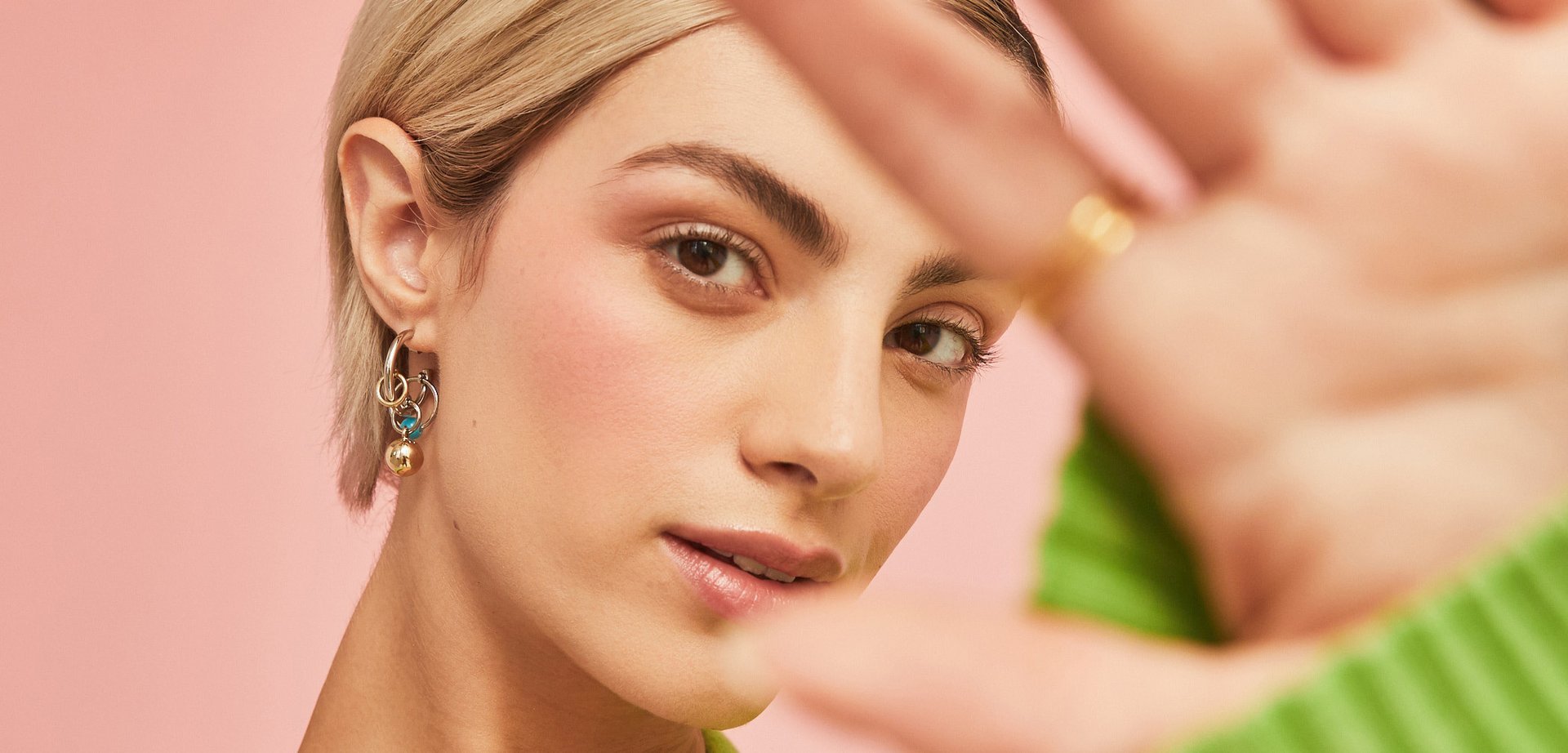This Is How I Fool Everyone Into Thinking I’m a Natural Redhead
October 12, 2024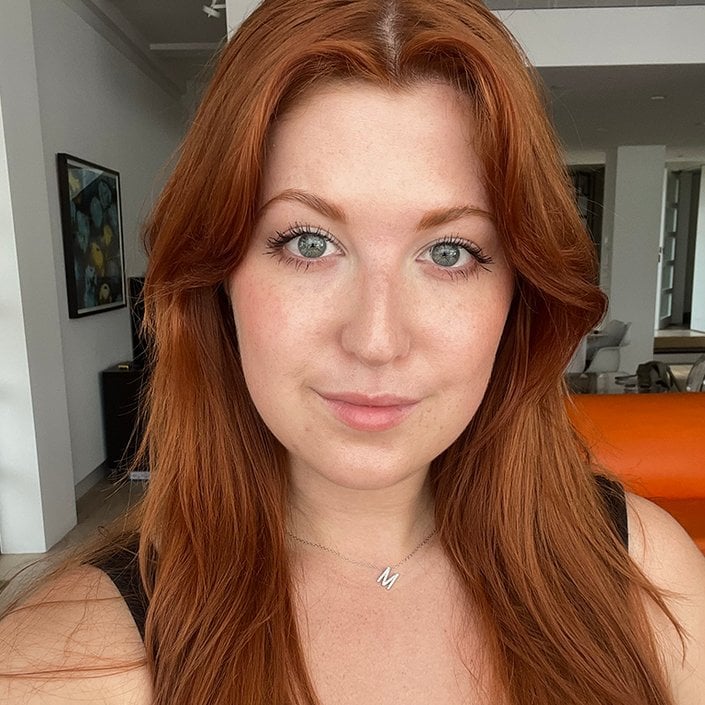
How I Dye My Hair Red at Home
Within a week of moving to New York City for college, I made a salon appointment to go ginger (sorry, Mom!) and couldn’t have been more excited. I showed the stylist a few inspiration photos and hoped for the best. Honestly, my hair turned out better than I expected. I felt more like myself than I ever had and strutted out as a new woman.
I did my research before going to the salon, and so should you—even if you plan on dying your hair yourself. Much like blondes and brunettes, there are a variety of red hair hues, ranging from strawberry blonde and auburn to copper and cherry. The trend cycles seem to throw in a new color every year, too (like cowboy copper, a mix of auburn and copper).
Red hair colors are notorious for fading quickly, and I can attest to that. Only two weeks after my initial salon visit, I was back again because my virgin hair didn’t hold the dye. It completely faded in just 14 days. Thankfully, my stylist taught me how to dye my hair myself—and the process is relatively simple. Nowadays, I keep my hair fiery red without bi-monthly visits to the salon by dyeing it at home.

Fortunately, the process isn’t difficult. It starts with finding a natural redhead color that complements your skin tone and undertones (more on that shortly). I’ve switched between many dyes over the years, but currently use the Madison Reed Permanent Hair Dye in shade 7RC Carrara Crimson. Beyond the perfect hue, I appreciate that everything I need to color my hair—including the cream developer, gloves, a cap, barrier cream, shampoo, and conditioner—is delivered in one convenient box every five weeks.
Regardless of what red hair dye you use, the application process is virtually the same. I start at the roots and paint until all traces of my real color are covered and fully saturated. Then, I take one-inch sections, coat those strands, and work the color into each piece with a quick massage. Once this process is complete, I put on a shower cap and sit for 35 minutes to allow the color to develop before hopping in the shower and shampooing with a color-safe shampoo, like the L’Oréal Paris Elvive Color Vibrancy Protecting Shampoo, until the water runs clear.
I usually repeat the process every five weeks or so to keep the color looking vibrant and fresh. While it may sound like a lot to dye my hair about once a month, it’s worth it for me, because I feel so much more confident with red hair. I don’t plan on ever going back to my natural color, especially because I’ve managed to find a simple, at-home way to maintain it without breaking the bank.
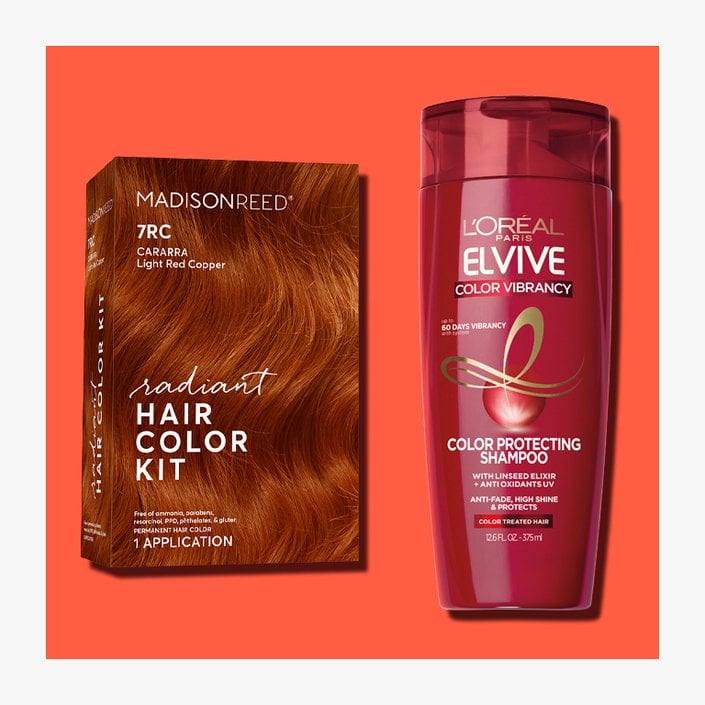
How To Get Natural-Looking Red Hair at Home
If you’ve never colored your hair before but, like me, have long dreamt of dyeing your hair auburn red—or any other crimson hue—here are a few tips you’ll want to keep in mind.
Choose the right shade for your skin tone
Different shades of red hair will complement certain skin tones better than others. It can be handy to know your undertones when considering hair colors, as certain shades complement different skin colors better than others.
Start by identifying your undertones—they’re typically categorized as warm, neutral, or cool. If you’re unsure what your undertones are, take a look at the veins on the inside of your wrist. A greenish tint is typically indicative of warm undertones, while those with blue or purple veins generally have cool skin. If your veins appear teal—or you can’t quite discern the color—you likely have neutral undertones.
From there, you can select a red hair color that complements your undertones. Since red has an inherent warmth, most true reds complement warm complexions well. If you’re fair, try a lighter red hue, such as strawberry, copper, or auburn. Deeper shades, like chocolate cherry, flatter medium and deep complexions beautifully. If you have cool-toned skin, consider opting for a purple-leaning red, such as burgundy or violet.
Once you find a dye you like, look at all the red options. When it comes down to it, you’ll want to select a red hair color that makes you feel confident; that’s the most important part.
Dye your hair
Different hair dyes have different instructions for use. Depending on your starting shade and desired end result, you may need to bleach your hair before applying your color. In either case, you’ll want to follow the instructions on the box exactly to ensure the best possible end results. Fortunately, most of the best at-home red hair dyes come with detailed instructions and include all the tools you need to nail your at-home dye job.
If you opt to go the professional route, bring inspiration pictures with you—this will help give your stylist a better idea of the end result you’re after.
Snag a color-safe shampoo and conditioner
Even the best at-home red hair color will fade eventually (and, generally, red fades faster than other hues). That said, I’ve learned a few tricks to keep my color vibrant between dye jobs. There are plenty of products that are designed to enhance vibrancy, from shampoos and conditioners, to masks, glosses, styling treatments, and sprays.
When selecting products—especially shampoos—be sure to opt for gentle, color-safe formulas that won’t strip your new color. Harsh shampoos can lead to premature fading.
I’m a big fan of the Shu Uemura Art of Hair Color Lustre line, as it keeps my red hair color vibrant and healthy-looking. When I use the Color Protecting Shampoo and Color Protecting Conditioner, my hair maintains a fiery punch that gleams like molten lava in the light. I also like to spritz my mane with the Shu Uemera Color Lustre Color Sealer Spray after showering for an extra dose of shine. This easy-to-use spray with sake kasu and niacinamide hydrates the hair, protects against UV-induced hair damage, and minimizes fading for bright, vibrant color. If you don’t want to add any new products to your routine, try washing your hair less frequently (only one to two times a week) because the more you cleanse your hair, the quicker the color can dull.
Adjust your at-home haircare routine
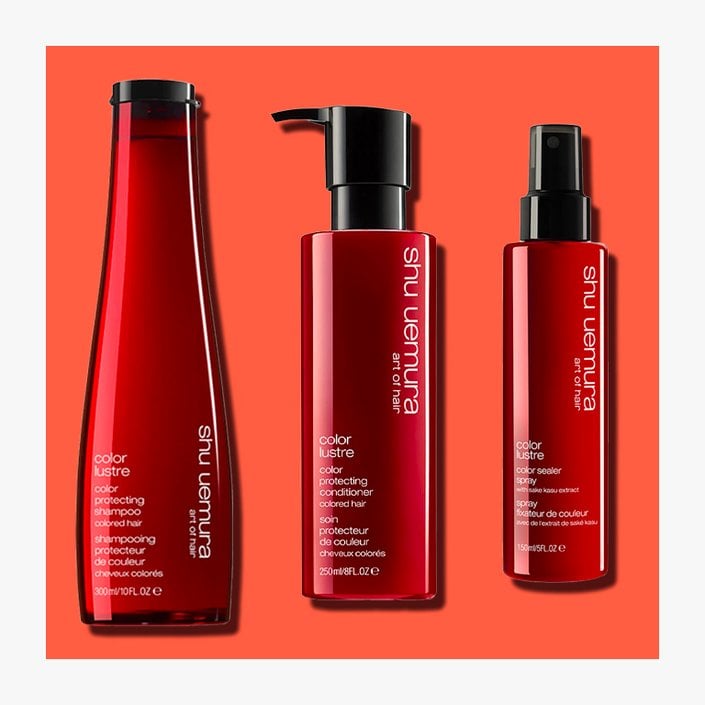
Additionally, just like how the sun isn’t kind to real gingers (they’re more prone to burns!) The sun can also speed up the color fading process. Try wearing hats while out in the sun or spray a UV-protecting hair product like the Pureology Color Fanatic Multi-Tasking Leave-In Spray. And if your red hair does begin to fade between touch-ups—it happens!—consider using an at-home hair gloss, like the L’Oréal Paris Le Color Gloss One Step Toning Gloss in Copper. The tinted formula conditions, boosts shine, and adds a fresh hint of color for vibrant-looking hair.
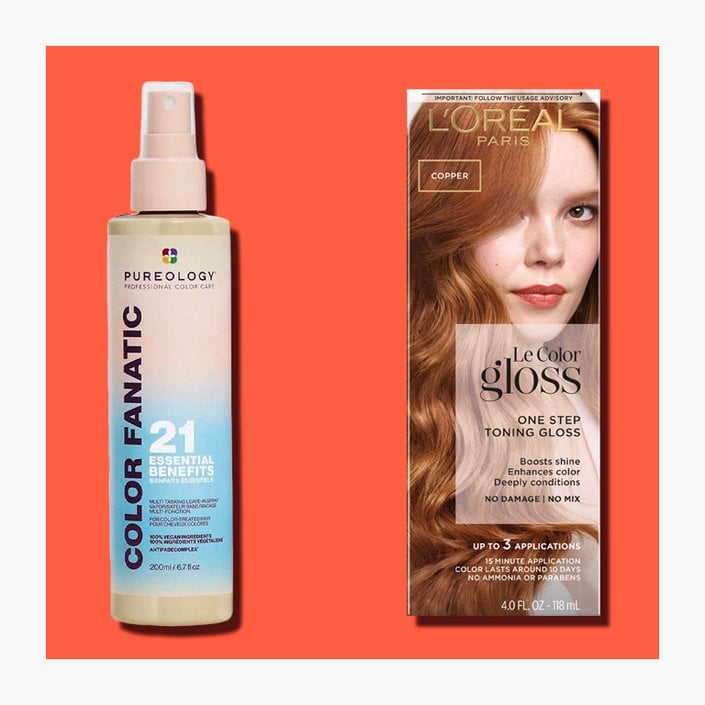

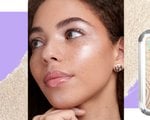

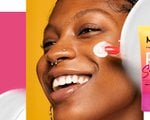

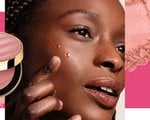

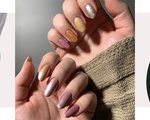
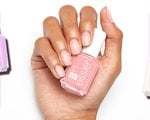
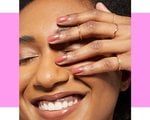

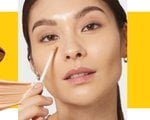
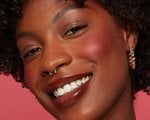





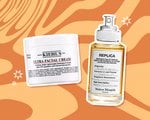


.jpg?cx=0.5&cy=0.5&cw=150&ch=120&blr=False&hash=27326E4FE66B0A2BFABAF4995DA29DC5)
